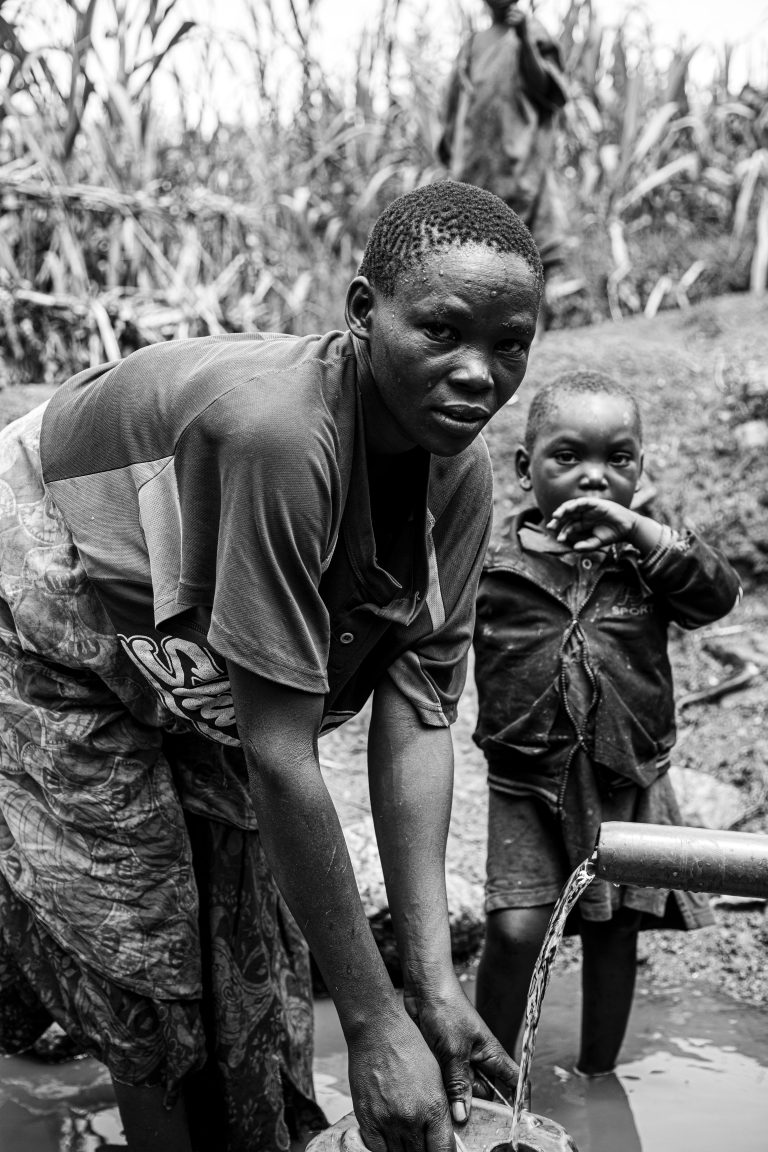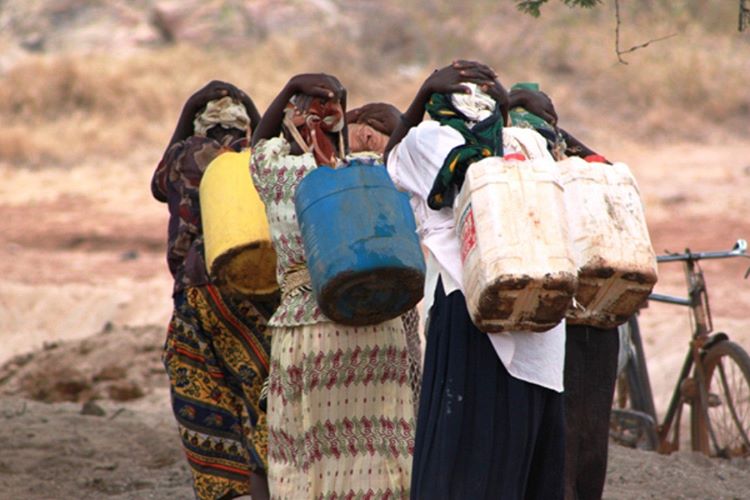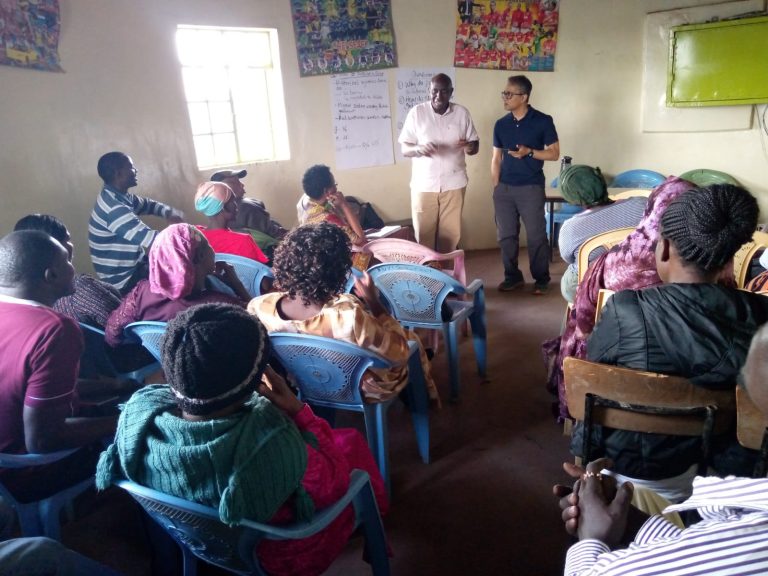Imagine needing to use a restroom and finding every door locked because of your disability.
That was reality for many residents of BogoBogo—a vibrant Mombasa community—until June, when Maji na Ufanisi, in collaboration with @MombasaCountyKe and HCSOM, launched the region’s first inclusive WASH facility.
In this article, you’ll discover how this Mombasa sanitation project is restoring dignity through disability‑friendly toilets, accessible hygiene access in Kenya, and community empowerment.
We’ll explore its design, real‑life impact, and the hope it brings—not just as infrastructure, but as a model for inclusive transformation.Transforming A Detailed Explanation
What Is an Inclusive WASH Facility?
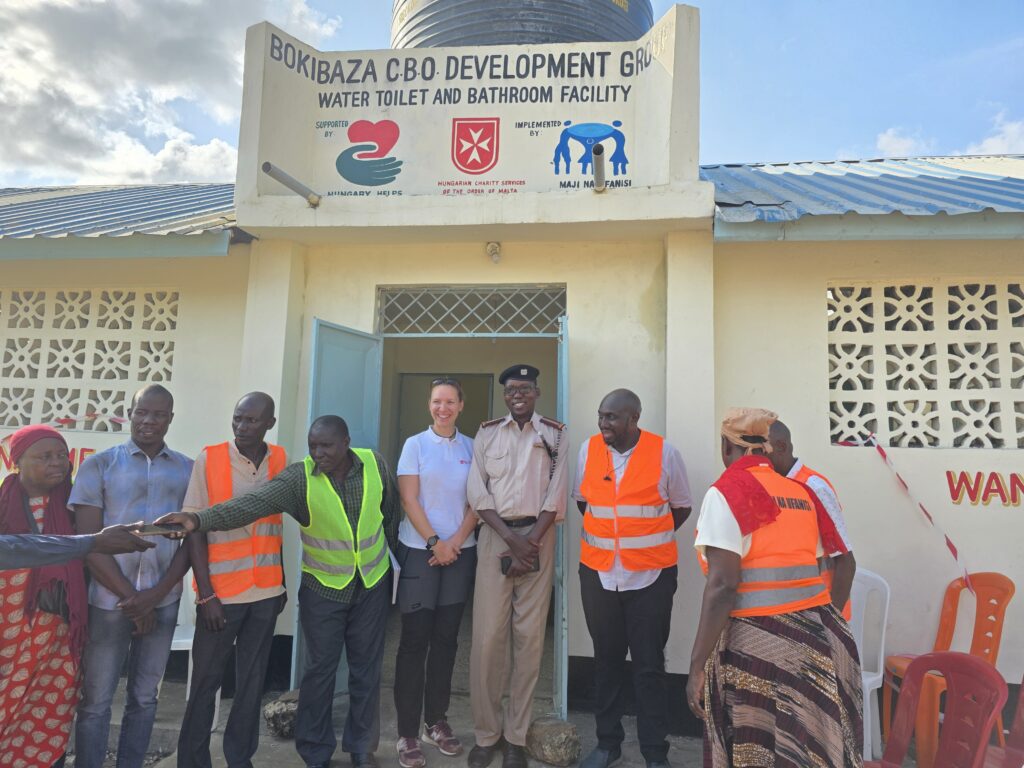
An inclusive WASH facility goes beyond clean water and sanitation. It’s thoughtfully designed for everyone—especially people with disabilities, caregivers, children, older adults, and women.
Key features:
- Wider cubicles
- Support bars
- Low‑sink basins
- Ramps and non‑slippery flooring
- Private, gender‑sensitive spaces
This isn’t just a building—it’s a statement: everyone belongs.
Why Mombasa Needed It
Despite improvements in Kenya’s sanitation efforts, many public toilets remained inaccessible to those with physical challenges.
In BogoBogo, that meant barriers to school, markets, community events—cutting people off from participation and dignity.
This WASH infrastructure gap wasn’t “just inconvenient”; it was exclusion.
Also read:Transforming menstrual hygiene in Kenya’s informal settlement
Co‑Design for Community Ownership
Recognizing this, Maji na Ufanisi initiated planning sessions with @MombasaCountyKe, local leaders, and disability advocates.
These conversations ensured the facility responded to real local needs, not assumptions.
Parents, elders, and CHPs shaped everything—from doorway heights to signage clarity.
This community‑led model built both capacity and trust.
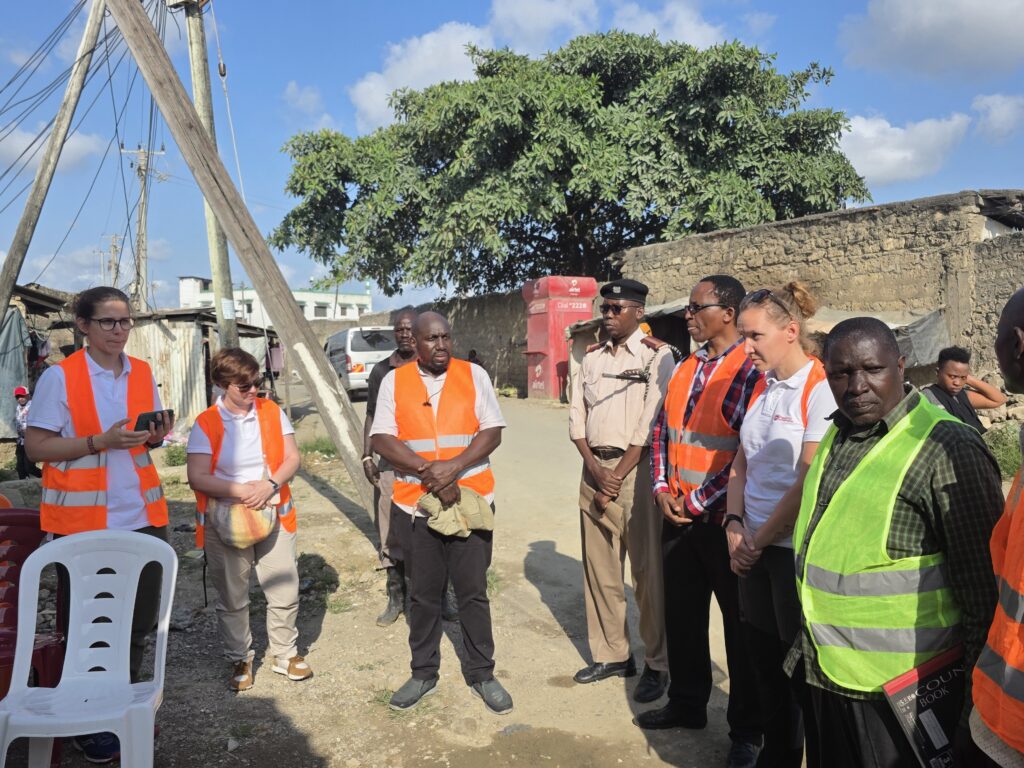
Accessibility by Design
Every aspect of the facility was purpose-built:
- Ramps for mobility aids
- Ground-level sinks for wheelchair users
- Visual + tactile signage
- Gender‑segregated, lockable sections
- Non‑slip floors safer for everyone
It wasn’t about ticking boxes—it was about respect.
Hygiene Meets Convenience
Clean water points were positioned for easy access.
Every sink had soap dispensers, hand‑dryers, and disposal bins.
There’s a community‑managed cleaning plan, ensuring the site stays functional and welcoming every day.
Sustainable Management
The facility isn’t just dropped and forgotten. A community committee—representing elders, caregivers, and CHPs—was trained to oversee cleaning, minor maintenance, and conflict resolution.
They also manage small user‑fee funds to cover consumables sustainably.
Here’s everything else we’ll cover:
- Real-life stories of transformation
- Broader social equity ripple effects
- What other communities can learn
- What’s next for Maji na Ufanisi
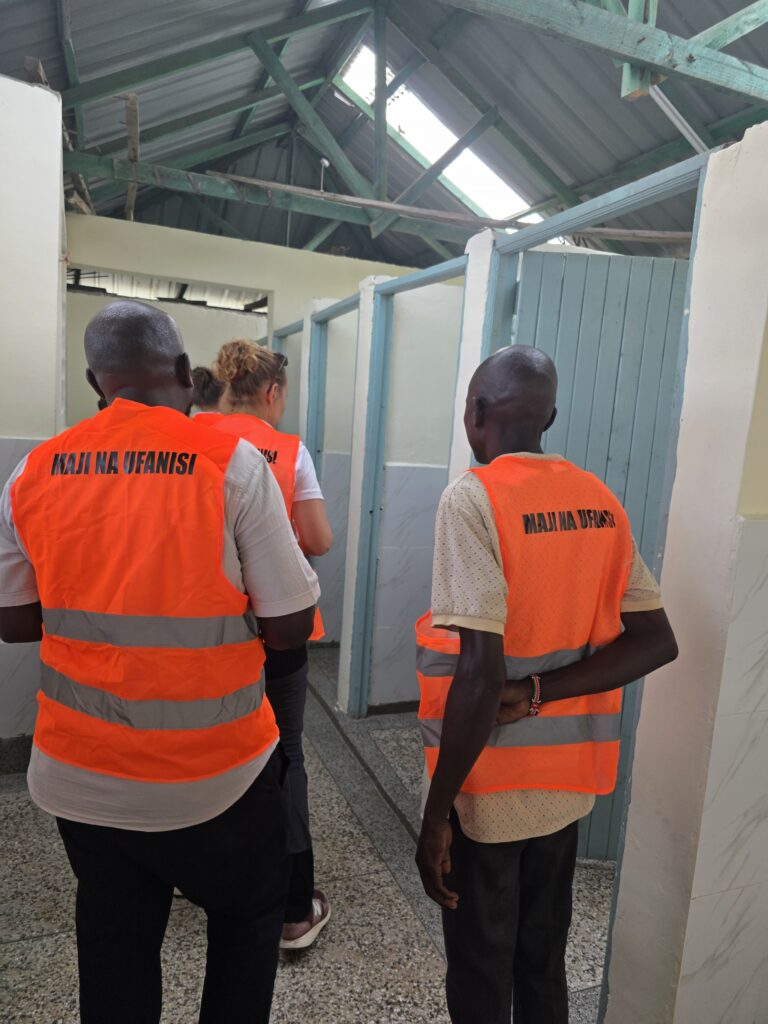
Real Lives, Real Impact
Rosa’s Story: Freedom Regained
Rosa, 32, has cerebral palsy. She used to avoid markets—terrified of public toilets.
Now she visits daily, uses the inclusive facility with ease, and meets friends again.
Her words? “I feel human again.”
That’s more than access—it’s restored agency.
Students Rejoice
Primary and secondary students who once skipped classes when nature called now attend without anxiety.
Feelings of shame and discomfort have been replaced by confidence—and that matters.
Gender‑Sensitive, Enabling Inclusion
Mothers with strollers, girls during menstruation, and women of all ages share safe, private spaces.
This reduces risk, supports dignity, and reinforces messaging around women’s health.
A Catalyst for Local Leadership
The site’s opening became a celebration—attended by @MombasaCountyKe, the area chief, parents, and CHPs.
It wasn’t just infrastructure: it was a community event, reinforcing ownership and pride.
Broader Social Equity Ripple
Changing Public Perceptions
Seeing neighbors and leaders advocate for inclusive design challenges stigma.
Now, wheelchair users and persons with diverse needs are part of everyday community life.
Policy by Example
This project guides county-level sanitation planning—about accessibility, gender, and maintenance.
It sets standards for all future public facilities in Mombasa.
Model for Other Counties
Kenyan organizations and county councils are studying BogoBogo’s blueprint as they plan inclusive WASH infrastructure.
That means dignity for Mombasa—and maybe all over Kenya.
Why It Matters
- Restores Dignity: Access equals respect.
- Supports Inclusion: Everyone can participate.
- Drives Gender Equity: Safe, private spaces boost confidence.
- Is Sustainable: Community management ensures upkeep.
- Inspires Policy Change: A replicable model for government action.
Lessons for Other Communities
- Start with communities. Real input drives real success.
- Invest in design. Accessible features matter—not afterthoughts.
- Local capacity is key. Hand over ownership.
- Train users and caretakers. Know-how makes a facility usable.
- Tell the story. Infrastructure is great, but transformation is better.
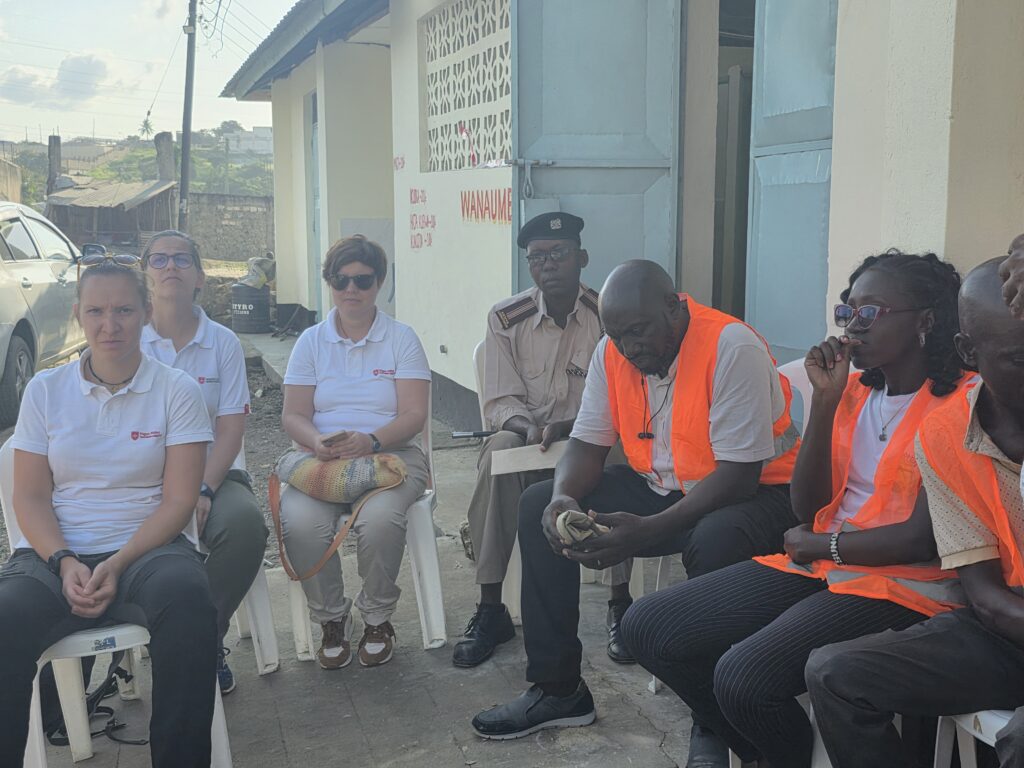
How Maji na Ufanisi Is Leading the Way
- Co‑design meetings with community voices and @MombasaCountyKe
- Technical execution aligned with international accessibility standards
- Operational training for cleaning staff and community committees
- Public launch event building momentum and local pride
- Monitoring & feedback ensuring long-term impact and adaptations
Maji na Ufanisi doesn’t just build toilets; it builds trust, capacity, and a culture of dignity.
What’s Next
- User surveys to capture feedback and improvements
- Maintenance audits ensuring cleanliness and accessibility
- Awareness campaigns on disability rights and public standards
- Roll-out plans for more inclusive WASH facilities county-wide
Final Thought
BogoBogo’s inclusive WASH facility isn’t just a structure. It’s a transformation. A beacon that says, “You matter. You belong.”
Through design, community input, and continued governance, this sanitation project shows what dignity looks like in practice.
If you’re ready to champion hygiene access in Kenya, advocate for disability-friendly toilets, or scale this model elsewhere—partner with Maji na Ufanisi.
Because toilets shouldn’t just be useful—they should be dignified, safe, and accessible to all.
Frequently Asked Questions (FAQs)
1. What qualifies a WASH facility as inclusive?
An inclusive WASH facility is designed to be accessible and safe for all users, including people with disabilities, the elderly, and children.
2. Why are disability-friendly toilets important?
Disability-friendly toilets ensure that everyone, regardless of physical ability, can access sanitation services with dignity.
3. How was the BogoBogo facility funded?
The facility was a collaborative effort funded by Maji na Ufanisi, the Hungarian Charity Service of the Order of Malta (HCSOM), and Mombasa County Government. It reflects a strong commitment to inclusive development.
4. Who is responsible for maintaining the facility?
A trained community management committee oversees daily maintenance, cleaning schedules, and usage protocols. This ensures sustainability and community ownership.
5. What happens if repairs are needed?
The facility includes a locally-managed fund, supported by small user contributions, to cover the cost of repairs and replenishment of supplies such as soap and tissue.
6. How has the facility impacted the local community?
Since the launch, residents report increased confidence, especially among persons with disabilities, women, and students.
7. Does this project influence policy?
Yes. The BogoBogo facility sets a precedent for inclusive design, and its success is influencing county-level planning and sanitation policies across Mombasa.
8. Can this model be replicated in other counties?
Absolutely. The community-led design, local training, and sustainability model make it ideal for replication across Kenya and beyond.
9. How can other communities replicate this success?
Communities should begin by involving local stakeholders in design, secure funding partnerships, train caretakers and users, and ensure inclusive infrastructure from the start.
10. How can individuals support this work?
You can support by donating to Maji na Ufanisi, sharing stories that promote inclusive sanitation, volunteering, or advocating for inclusive public infrastructure in your community.

